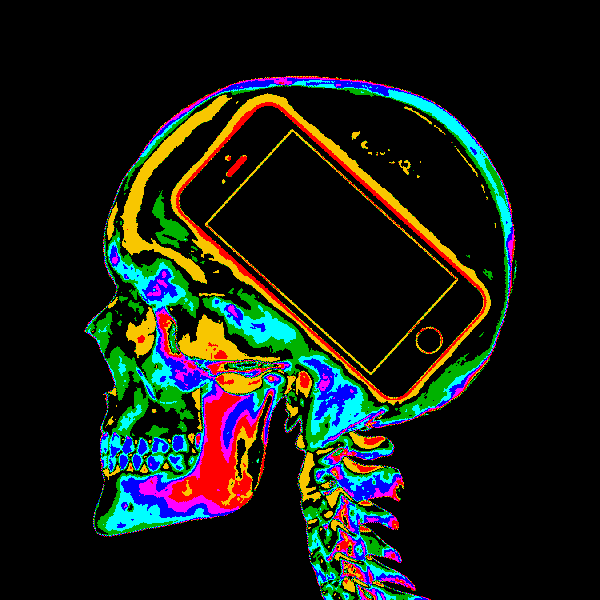How Technology Is Affecting Teenager Mentality

Rates of teen depression and suicide are on the rise due to phones.
March 19, 2019
About 94% of teens are addicted to their phones or technology use. In fact, the left-over small percentage of teens that aren’t addicted to their phones is most likely because they can’t afford one or aren’t allowed to have a cellphone due to parental reasons. This means, that if it weren’t for those reasons, 10/10 teens, and all teens would be consumed by cellphone usage.
Cellphones have benefited in many ways, such as communication. However, it has hindered the abilities of a healthy social, emotional and physical life. Instead of teens going out with some friends to have a friendly game of soccer or to get a bite to eat, they stay glued to their screens or stuck at home on a computer, writing tweets, reading the latest blogs of their favorite YouTubers or snooping on other people’s social media accounts.
“Teen Cell Phone Addiction.” PsychGuides.com, says “If a child or teenager suffers from a cell phone addition, it could have negative implications on brain development.” Plenty of research has revealed that personality traits associated with internet addiction are some of the following;
High harm-avoidance, altered reward dependence, low self-esteem, and low cooperation.
All these traits have one thing in common, they all affect relationships between family, friends, and self of the teenagers, causing them to value technology more as a more full-filling reward than simply enjoying the company of others.
“Teen Cell Phone Addiction.” Psychguides.com, says “ Additionally, cellphones could lead to some dangerous ramifications, some including, decreased brain connectivity causing poor decision making skills and the loss of regulating emotions, digital eye strain, which is the burning or itching of the eyes when looking for a screen for 2 hours or more, and text neck, which is associated with looking down at a cell phone for too long.”
The question is, would people consider cellphones to be a “two-edged sword”? Is it doing more harm than good?
Anna Ryabov had this to say,
“I love having my phone with me and it is super useful, especially since I use it a lot in work, but I would agree, it has made me lazier and less sympathetic towards people.” “It can be really good, but there must be limitations.”
Along with the impulsive addiction of phones and teenagers, has come the problems of cyberbullying, sexting, depression and compulsive cell phone usage. About 92% of teens are constantly always online and while this is going on the addiction to the phone just grows tighter and more toxic.
Will teenagers completely depend on their phones always? What will this mean for human interaction and the mental health of our future generations to come?






